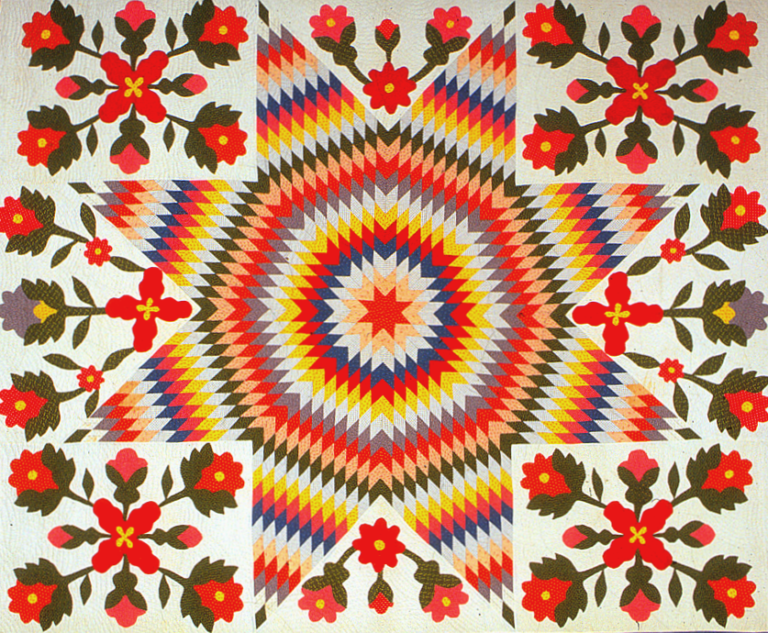Boozhoo. Aanii. Kristin Arola nindizhinikaaz. Makwa nindoodem. Zhooniyaabii’igan Wikwedong nindonjibaa. Nkwejong nindaa. Anishinaabekwe miinawaa Suomalainen nindaaw.

Greetings everyone. My name is Kristin Arola and I am the new Interim Director of the American Indian and Indigenous Studies Program. Through my tribally enrolled mother, I am a first-generation descendant of the Keweenaw Bay Indian Community Lake Superior Band of Chippewa Indians. I am also a proud Finlander, the fifth generation born in the Keweenaw Peninsula of Michigan. As a Finndian whose ancestors have been in, on, and around Lake Superior for generations, I have a deep reverence for land-based knowledge, one rooted in relationality and reciprocity. I come from a long line of hunters, fisherman, berry pickers, and water lovers, and while I may live in the “big city” now, I spend a good chunk of my summer back in Big Traverse Bay. This time reconnecting with my roots and relations helps ground me in my University work and calls me to do this work in a good way.
As we reemerge from the past few years into an increasingly challenging and volatile world, I am called to think through the why of the work we do. For the AIIS program, this why is multifaceted. The AIIS minor and graduate certificate will continue to emphasize the significance of historical and contemporary Indigenous peoples and knowledges. As someone whose research focuses on the importance of indigenous knowledges in climate justice initiatives, I believe AIIS offers students a way of (re)thinking our relationships to the ecosystems of which we are a part. Such thinking can help students creatively problem solve, whether that be in technology, science, engineering, arts, mathematics, or the humanities. Thinking about problems through an indigenous lens asks us to make change in a good way. That change may come about through creating art that challenges us to resee the beauty in the world, building community-outreach programs to address health disparities across Michigan, employing technologies for a carbon-free future, or building relationships across difference for the good of the 7th generation.
Some years ago, I sat in a talk by Dr. Anton Treuer, Professor of Ojibwe at Bemidji State University, on the importance of language and cultural preservation. In the decade since, his framing of this story has stuck with me: Treuer explained the importance of raising his own children with certain Ojibwe cultural practices. He described taking his son on his first rabbit hunt, how he taught him to snare the rabbit, give thanks for the rabbit, and clean the rabbit. He told him of ways to tan the hide, ways to use the fur, and ways of cutting and cooking the meat and organs. This rite of passage for his pre-teen son, said Treuer, was important because, “not only did it teach him a skill, it taught him a code of ethics for being in the world.”
“…not only did it teach him a skill, it taught him a code of ethics for being in the world.”
Dr. Anton Treuer (White Earth/Leech Lake Ojibwe)
While I’m not sure I’ll be taking AIIS students rabbit hunting anytime soon, and to be honest I’d need my mom (who is a skilled hunter and fisherman) to chaperone that adventure, I do believe our AIIS minor and graduate certificate program fosters a code of ethics for being in the world. We will collectively look for ways to improve our course offerings, build our community across campus and the community, and give all students a space to share ideas, learn new concepts and histories, and build a better future.
